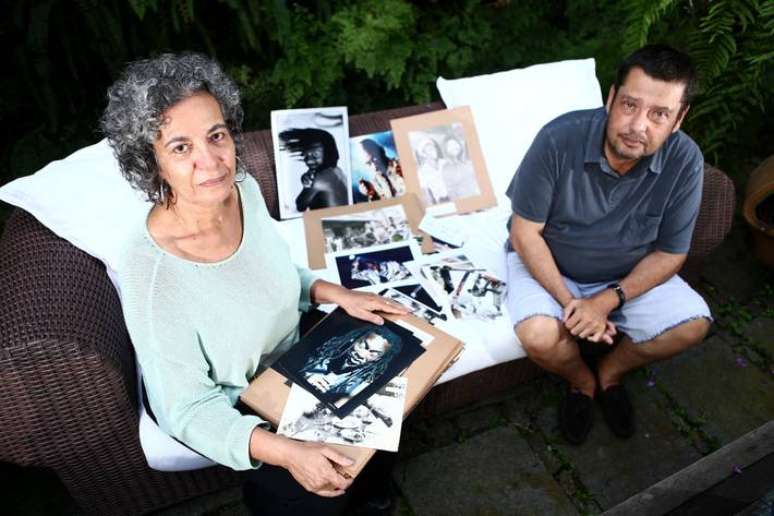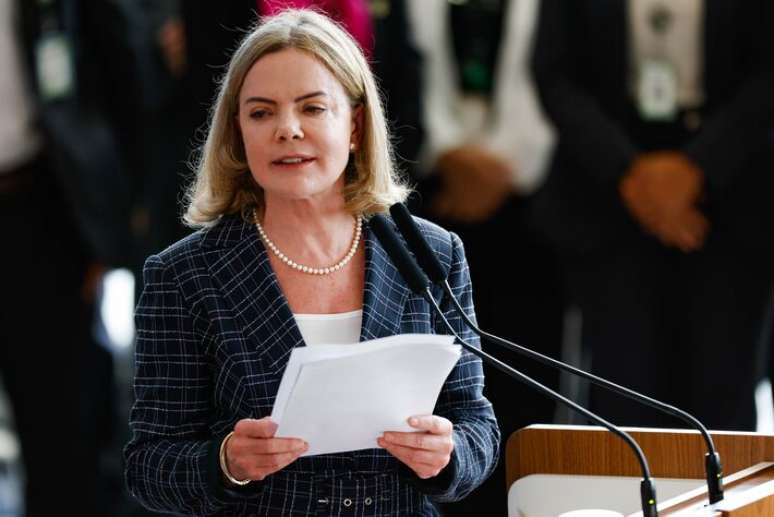Battler for the country’s music relaunches the dispute born in 1987 and bets on the legacy of the new generation
It was in 1987 that the entrepreneur Jose Mauricio Machline, music enthusiast, executive director of Sharp, created the Sharp Music Award. In these more than three decades, the idea has grown, changed its name and sponsors and has become the respected Brazilian music award. At the beginning of 2023, after the worst phase of the pandemic, the awards come back to life – but “Zé Maurício”, as his friends know him, wants to expand the project. “It won’t just be an award,” he explains in this conversation with Cenários. “It will be a music platform that will be launched on the market.” In May of this year, the award returns with a new guise, in collaboration with Heloísa Guarita, creator of the consultancy firm NutriRG, focusing on the business around the award, so that it has repercussions throughout the year.
Interested parties have already appeared, informs the creator of the award. Both in terms of capital injection and sponsorship. Rouanet law? “It has been trivialized in a satanic way,” he accuses referring to the previous government. “It’s hard to say,” he warns, “that culture is well served.” Zé Maurício hopes “that the new winds will bring it to a level of dignity”. Below are key excerpts from the interview.
You were CEO of Sharp, with an entrepreneurial career ahead of you. What prompted you to enter the music business?
At Sharp, I was director, vice president and president – and I realized that there were other offerings on the market. I decided to leave, sold my share and devoted myself to music, an activity I was already doing in the company. We did the Sharp Music Award and I realized it wasn’t a Sharp thing, but a Brazilian culture thing. And in those 30 years I lived linked to music, in TV programs, records, concerts.
The music world is lighter, more playful and the business world is heavier. How was your journey?
Whatever you like, be it music, math, biology, culture, you must be passionate. If you can match your taste with your interest, there are many possibilities. Music and culture are, in fact, playful, but they are commercial activities like any other. Combining work and passion is ideal in any world.
Will you collect the prize? How do you see the role of the Rouanet Law in all of this?
The pandemic has hit us cultural producers hard. Culture has tried to adapt to the means of the internet, many people have managed to do something. Now, with this recovery, we are thinking of a very different prize. A new partner has joined our ideas, Heloísa Guarita, from the consultancy firm RGNutri. You brought a different idea to the prize, something bigger. It’s not just an award, it’s a music platform being brought to market – we already have interested parties for capital and sponsorships. As for the Rouanet Law, it has been trivialized and deconstructed in a satanic and unrealistic way. I understand that it could undergo the normal adjustments of the market. But in this current moment of mutation, new laws could come that actually promote the Brazilian cultural market.
Do you see any possibility that Brazilian music has more space abroad than it does today?
Perhaps. We are strong in raw materials: agriculture, livestock. A long time ago I spoke with Persio Arida, he said that what opened the doors to Brazilian commerce as a whole was the cultural manifestation. Our musicianship is strong. I’m talking about Carmelm Miranda, Dorival Caymmi. We have the ability to open up a market for Brazil in large areas.
Brazilian music has evolved, but we are still in love with Chico Buarque, Caetano, Gal Costa, who just left us, Bethânia. And the evolution of our artists?
Not too long ago, in a Grammy aspect, an awards focused on Brazil, if you saw the number of Brazilian artists there, young, recognized by a crowd. Luísa Sonza, Liniker, Bala Escolha – names that are not part of our media. I say with certainty: these names will leave a musical and poetic cultural legacy for an entire future generation. I think our music is in an absolutely rich moment, in all its areas.
How is the prize you promote made up?
The Prêmio da Música Brasileira has a board of directors which deals with the annual rules and sees how the music should be rated. There are 11 members, including names like Gil, Ney Matogrosso, João Bosco, Emicida. They decide the rules and appoint the judges. We have a workforce, researchers spread all over the country. Today the release form has become very popular and we must follow these sounds. This year we have a record of records, more than 6 thousand artists for the judges to listen to.
You talk about attractive things like music, but we live in difficult times. What message would you leave to readers?
I would say that the world is currently going through a strange phase, in terms of solidarity and the look from one person to another. And, to break this strangeness, the way out that I see is to overcome the difficulty by valuing the human being. Understand that everyone has their own difficulties, their tendencies. Knowing that being different doesn’t mean being better or worse, it’s just that, being different.
Source: Terra
Rose James is a Gossipify movie and series reviewer known for her in-depth analysis and unique perspective on the latest releases. With a background in film studies, she provides engaging and informative reviews, and keeps readers up to date with industry trends and emerging talents.






